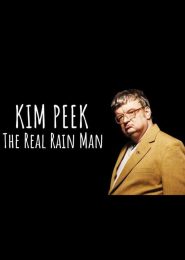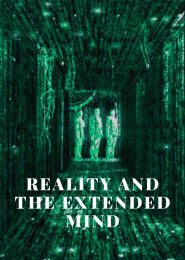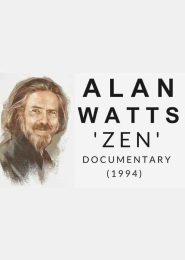Psychiatry: An Industry of Death (2006)
Psychiatry: An Industry of Death is a documentary that presents a critical view of the history of psychiatry. From its origins to its modern-day practices, the film argues that psychiatry has often caused more harm than good.
The film starts by tracing the roots of psychiatry and its development over the centuries. It suggests that the field has been fraught with controversial treatments and methods, some of which have had devastating effects on patients.
One of the main points the documentary makes is about the over-prescription of psychiatric drugs. It claims that these medications can sometimes lead to severe side effects and even death. The film backs up these statements with interviews and personal stories from individuals who have been affected by such treatments.
And it doesn’t stop there. The documentary also tackles the business side of psychiatry, highlighting the financial interests that can drive the industry.
It points out that the sale of psychiatric drugs is a multi-billion dollar industry, raising questions about the motivations behind certain psychiatric diagnoses and treatments.
According to the film, the influence of psychiatry extends into various sectors of society, including education and law enforcement. It suggests that this has led to a society that is quick to label and medicate behavior that may be considered outside the norm.
While Psychiatry: An Industry of Death takes a firm stance against psychiatry, it’s important to note that many defend the field and its practices. They argue that psychiatry has helped countless individuals lead better, more functional lives.
The documentary certainly provides food for thought and encourages viewers to question and research the role of psychiatry in society. Whether you agree with its perspective or not, it opens up a dialogue about an important and often polarizing subject.
In summary, Psychiatry: An Industry of Death is a film that challenges viewers to think critically about the field of psychiatry and its impact on individuals and society as a whole. It’s a conversation starter, meant to spark debate and reflection on a complex and crucial topic.




